What are the black technologies of the recent hot Quantum Dot TV? Sofa housekeeper brings you secret

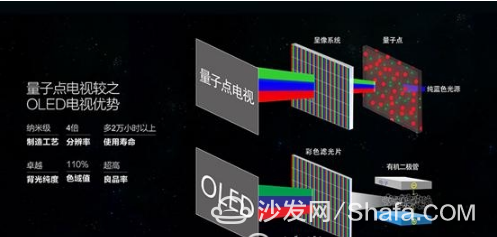
Quantum dots are also known as nanocrystals, with sizes typically ranging from 1 to 10 nanometers. When excited, they emit light at different wavelengths. A quantum dot screen is essentially an improvement on the backlight system of LCDs. Compared to regular backlights, the light emitted by quantum dots is much purer, which makes for a more vibrant and accurate display.
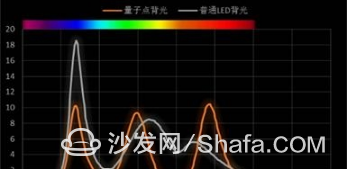
LCD screens work by using multiple layers of backlighting, so the backlight system plays a crucial role in determining the final image quality. Quantum dot technology enhances this system, delivering more precise and vivid colors. This makes it a strong competitor in the display market.
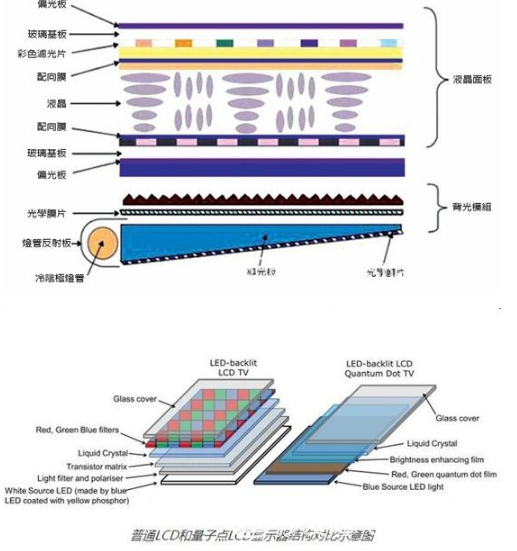
OLED screens have long been known for their superior color gamut. According to data from WHYLAB, OLED displays often exceed 100% NTSC. In theory, quantum dot screens can reach up to 110% NTSC. However, our tests on the LG G4 showed a color gamut of only 82.37%, which is still considered wide but falls short of both theoretical expectations and OLED performance.
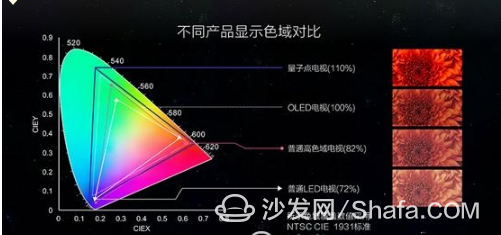
In our tests, the LG G4 achieved a maximum brightness of 505 nits and a static contrast ratio of 1835:1. These figures place it among the top-performing devices in its category. While the quantum dot screen performed well in terms of color accuracy, brightness, and contrast, it still hasn’t fully outperformed the best IPS or OLED screens available at the time.
We believe that quantum dot technology may not yet be mature enough to replace existing display technologies, but with increasing investment from major manufacturers like Samsung and LG, we expect rapid advancements. As the technology evolves, it could potentially become a game-changer in the display industry.
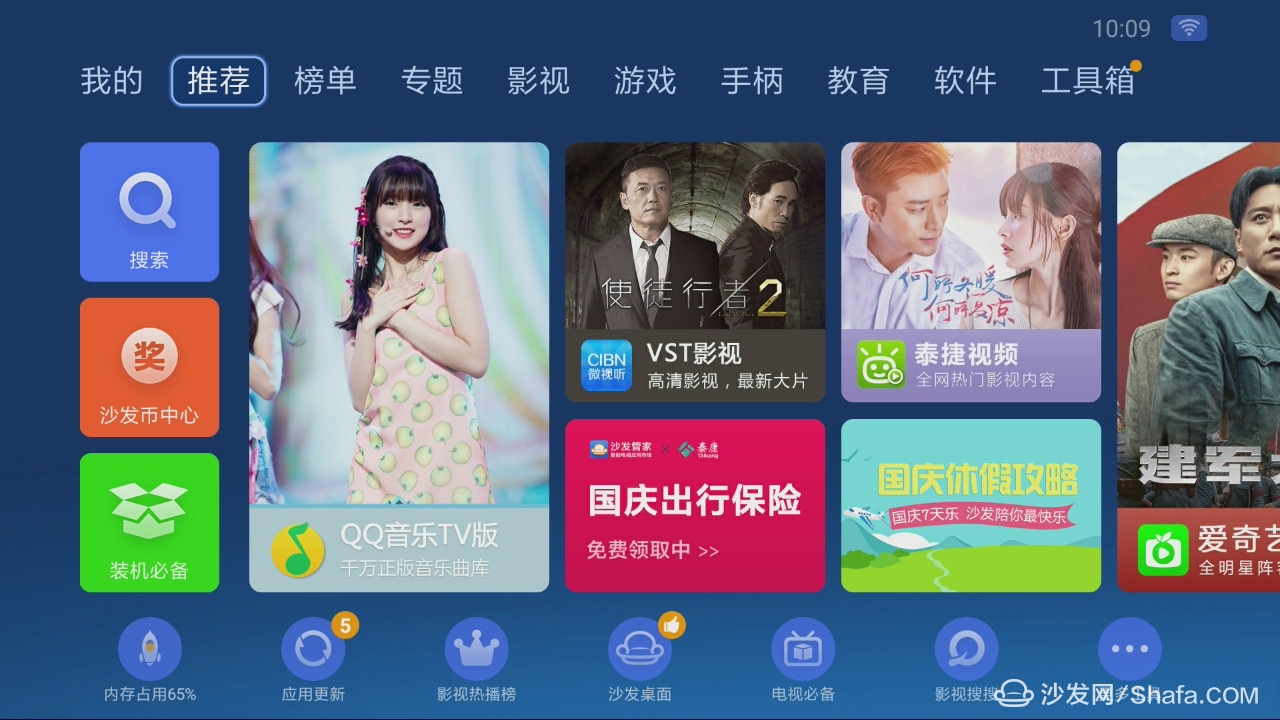
For more smart TV and box updates, visit Smart TV Information Network (http://), China’s leading platform for smart TVs and TV boxes. Stay informed about the latest trends, software, and hardware in the smart TV space.
Network Management Card,Power Supply Monitoring,Remote Management Card,Simple Network Management Protocol
Shenzhen Unitronic Power System Co., Ltd , https://www.unitronicpower.com